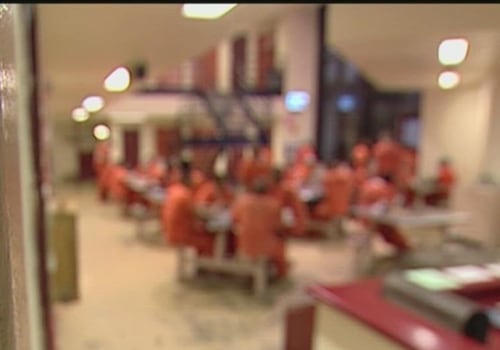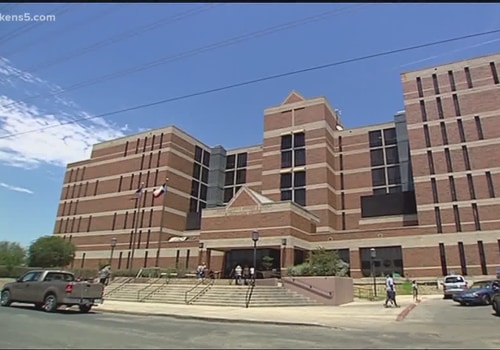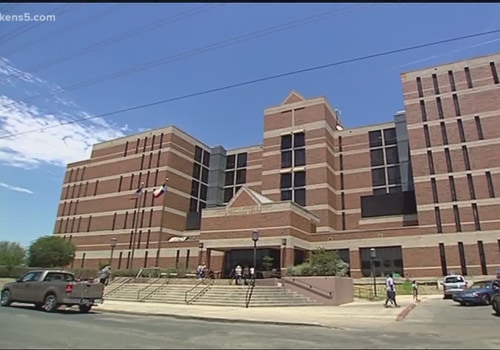Visitation is an essential part of maintaining the bond between inmates and their families and friends. It is a way for inmates to stay connected with the people they care about, even when they are incarcerated. Inmates in the Bexar County Correctional Facility are allowed to receive visitors, and there are certain rules and regulations that must be followed. Visitation rights are granted to family members, friends, and other approved individuals.
Visits must be scheduled in advance and visitors must present valid identification. Visits are limited to two adults and two children per visit. Visitors must adhere to all rules and regulations set by the facility. Inmates may also be eligible for special visitation rights, such as visits from clergy members, attorneys, and other approved individuals.
Special visitation rights may also be granted to inmates who have been incarcerated for a long period of time or who have a medical condition that requires special attention. It is important to note that visitation rights may be revoked at any time if an inmate violates any rules or regulations set by the facility. In addition, visitors may be denied access if they fail to present valid identification or if they are found to be in violation of any rules or regulations. To get a marriage license, contact the Bexar County Clerk's Office at (2) 335-2221 or visit the County Clerk's website for more information on marriage. The address of the Central Department of Civil Archives is: Lucy Adame-Clark, Bexar County Clerk, 100 Dolorosa, Suite 104, San Antonio, Texas 78205. Jury trials for the County Court of Justice are scheduled on the Monday or Tuesday after a Monday holiday. It is important to keep these dates in mind when planning visits. Visitation is an important part of maintaining relationships between inmates and their families and friends.
It is important to follow all rules and regulations set by the facility in order to ensure that visits are successful. By following these guidelines, inmates can stay connected with their loved ones while they are incarcerated.



